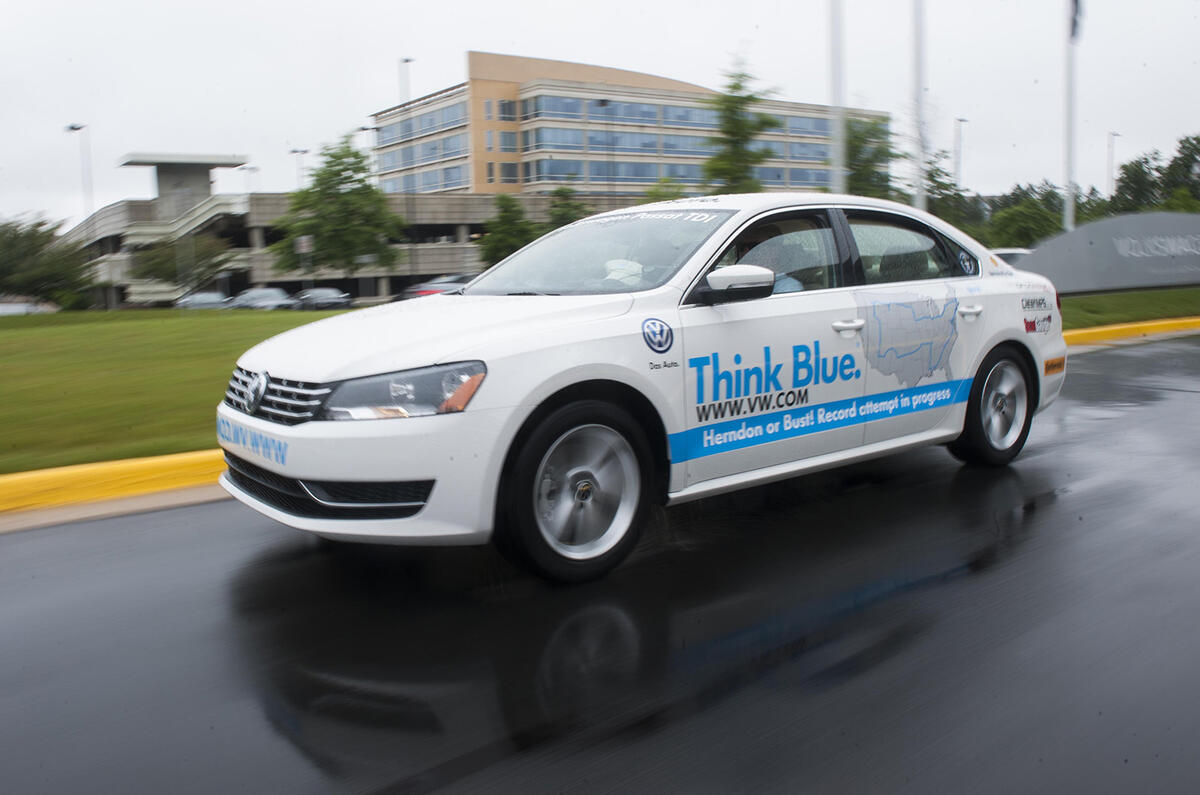The Volkswagen Group has long harboured high hopes for its sales in the USA, but matching them has proven more challenging than the manufacturer might have wished.
In 2007, it boldly announced that it expected to attain group-wide US sales of 1 million cars per year by 2018, in line with a plan to sell an annual 10m vehicles worldwide by the same year.
For a few years, the plan appeared to be on course, with market-specific models gaining ground against the likes of Toyota, but in recent years the growth has stalled.
Click here to read the latest news on the VW emissions scandal
This is especially difficult because it affects VW’s diesel engines. The company has done a great deal of work to boost sales of oil burners in the USA, branding its cars as ‘Clean Diesel’ and trying to break down deep-held beliefs among American consumers that diesels are excessively dirty.
All that work and investment have been rendered void with the EPA's revelation.
What would lead a division of one of the world’s leading car companies to consider such action? Perhaps it felt under increasing pressure to live up to the grand growth proclamations made by its chiefs in 2007.
Perhaps it’s also an indication of how difficult it is for car makers to adhere to ever-more stringent emissions regulations with standard, non-hybrid powertrains.
Winterkorn’s statement in response to the EPA’s claims is contrite, and with good reason, for this scandal also risks affecting Volkswagen's global reputation, robbing it of consumer trust. As I write this, the firm's share price on the Frankfurt stock exchange has plunged.





Join the debate
Add your comment
Storm in a large Teacup
The issue today is that the more efficient the Diesel engine combustion, the higher the NOx level.
The emissions cures are processes that reduce economy, performance and efficiency of the engines. A balance is necessary and can be controlled by computer software.
Users and Manufacturers want to drive efficient and economical vehicles, whic also have to comply with (in USA) rather over stringent emissions specs for NOx in particular.
Water injection and Exhaust Gas Recirculation are methods the both reduce the peak operating temperatures in the combustion chamber, reducing engine efficiency, economy and performance BUT importantly reducing NOx values.
Diesel Engines are in a league miles ahead of Petrol engines with respect to Hydrocarbon emissions, CO & CO2.
The issue of urban pollution would be better resolved by Diesel hybrids, where the Electric Power Unit (EPU) drives the vehicle in slow moving urban traffic.
Incidentally, the US EPA would better achieve lower pollution levels by increased spending on projects to reduce traffic jams than providing ever more stringent emissions regulation.
BUT that is the US for you.
Ford was found to have done
VW will suffer, Audi will be ok